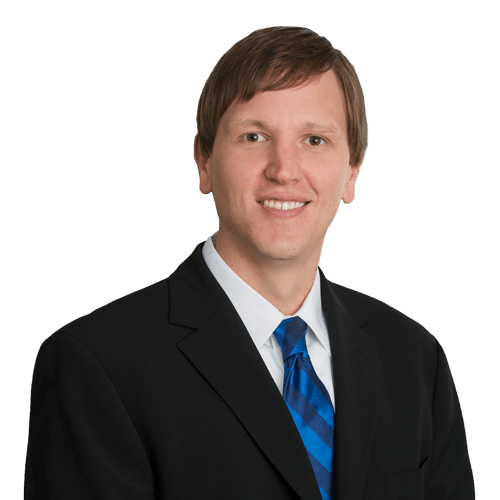Federal Rule Amendment Clarifies Requirements for Admitting Expert Testimony
On December 1, 2023, Federal Rule of Evidence 702 was amended to “clarify and emphasize” that, before expert witness testimony can be admitted, the proponent must satisfy all the rule’s requirements by a preponderance of the evidence. After receiving more than 500 comments regarding proposed changes, the rule was amended as follows:
A witness who is qualified as an expert by knowledge, skill, experience, training, or education may testify in the form of an opinion or otherwise if the proponent demonstrates to the court that it is more likely than not that:
a. the expert’s scientific, technical, or other specialized knowledge will help the trier of fact to understand the evidence or to determine a fact in issue;
b. the testimony is based on sufficient facts or data;
c. the testimony is the product of reliable principles and methods; and
d. the expert has reliably applied expert’s opinion reflects a reliable application of the principles and methods to the facts of the case.
Although the preponderance standard, represented by the addition of the “more likely than not” language, applies to most admissibility issues, “many courts” had misapplied the requirement by ruling that “critical questions of the sufficiency of an expert’s basis, and the application of the expert’s methodology,” were issues of weight to be addressed during examination. The advisory committee notes clarify that such rulings “are an incorrect application” of the rule. In the same vein, section (d) was amended to “emphasize” that all expert opinions must “stay within the bounds of what can be concluded from a reliable application of the expert’s basis and methodology.”
The amendment is intended to ensure that courts do not misinterpret the rules in ways that allow juries to hear inadmissible and potentially misleading expert testimony that they may not be qualified to evaluate. Although the amendment does not implement new requirements, even before it became effective, courts throughout the county have been noting the proposal’s importance in analyzing the admissibility of proposed expert testimony.

